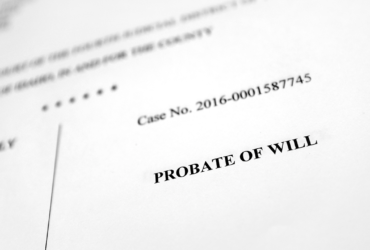Conservatorship is a legal process allowing a legal fiduciary to act on another’s behalf
A conservatorship is a probate action filed by a relative or interested person requesting the court to appoint a fiduciary, called a conservator, to care for another person’s best legal, physical, and financial interests.
A person who cannot care for themselves or manage their own financial affairs is called a conservatee.
In some states, a conservator is referred to as a guardian. Conservatorships are usually opened where there is some urgency involved, usually beginning with the court appointing a temporary conservator until the general one is appointed by the court.






